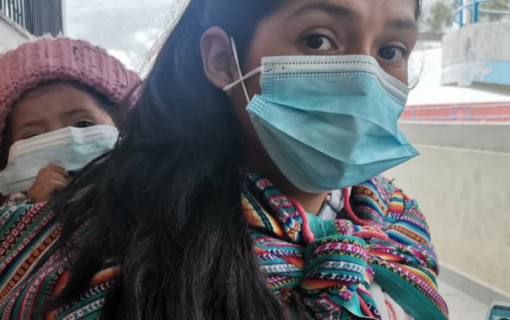Blazing the Path to Democracy: A Report on the National Conference of Mali, 29 July - 12 August 1991
INTRODUCTION: BACKGROUND TO ASSIGNMENT
In June 1991, the United States Agency for International Development (US-AID) contracted with the International Foundation for International Systems (IFES) for the purpose of sending a four person team in Mali, to prepare a technical assessment of the electoral process scheduled to take place over the following months in this country, and to recommend some modalities of assistance thereto. Elections Canada agreed that two members of their staff would be included in the team.
The IFES team, headed by Ms. Hilary Whitaker, included Ms. Linda Edgeworth, Mr. Louis Lavoie and myself. We stayed in Mali from 9 to 20 June 1991. Among numerous meetings, we had one on 13 June with Professor Mamadou Lamine Traore and Me Mamadou Dante, both members of the Comite de transition pour le salut du peuple (CTSP), the civilian-military group acting as the country's Parliament during the interim period. During that meeting, the National Conference process and the draft Constitution were outlined in detail to us. A few days later, we were supplied privately with copies of the draft Constitution and Charter of Political parties, and our comments thereon were requested. On June 19, after having discussed those drafts with my fellow team members, I met privately with the members of the two CTSP committees which had prepared those drafts, the Comite politique and the Comite des affaires institutionnelles et juridiques. At this meeting, chaired by Me Demba Diallo, president of the Association malienne des droits de l'Homme and a member of the CTSP himself, I made an oral presentation outlining our comments and suggestions on the two documents. More details on the substance of my comments can be found in the IFES report. I deliberately refrained from questioning the basic structure of the documents, and I rather kept my comments at a more technical level, pointing out ambiguities or possible unintended consequences.
Encouraged by favourable reactions later expressed by some participants, my colleagues then suggested that the sending of a constitutional expert for the duration of the National Conference might be one of the recommendations of the report. At my request, the recommendation was broadened so as to include the preparation by this expert of a report summarizing the proceedings and the decisions of the Conference and analyzing the consequences those decisions would entail for the comprehensive assistance program proposed in the IFES report. It must be borne in mind that none of the three documents which together will form the legal infrastructure of the democratization of Mali had been finalized when we left the country and proceeded to write our report. Indeed, no draft Electoral Code had been shown to us.
This recommendation was accepted by US-AID. At the request of IFES, in view of the tight schedule, US-AID dealt directly with Elections Canada. After discussion, it was agreed that I would be sent to Mali for three weeks to attend the National Conference, that my salary would continue to be paid by Elections Canada, while my travel and living expenses would be borne by USAID. Both governments would have access to my report, in keeping with the spirit of cooperation that both had shown on this issue. On July 26, I left Ottawa. This is my report. Part I will expose the background to the National Conference. Part II will summarize the proceedings of the Conference, whose decisions - and their impact on the IFES project - will be discussed in Part III. A general assessment will be offered in conclusion.
Read the Full Report.









